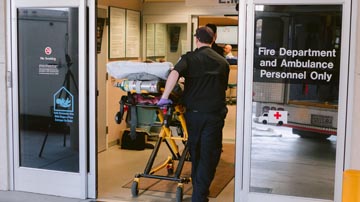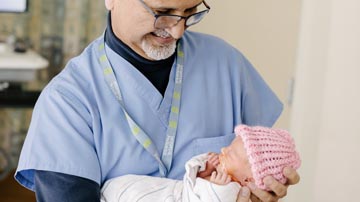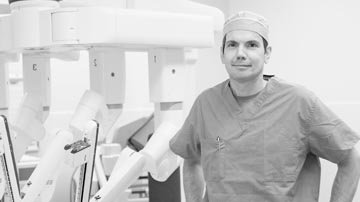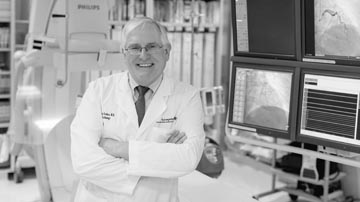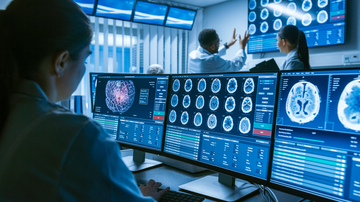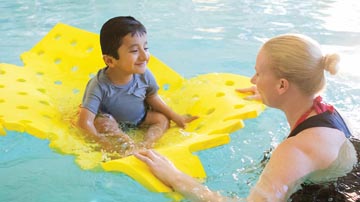Through Giving We Help to Heal
Queen of the Valley Foundation
Your Impact
At Providence Queen of the Valley Medical Center, we care for you, our neighbors, our friends, our families and each other. Your gifts help support our efforts every day and in a time of crisis. Last year, the impact was felt deeply by the patients and caregivers who crossed our threshold.
The funds raised by donors like you have and continue to help the Queen fulfill one of our primary goals, which is to provide world-class medical care where we live. This ability to serve our families, friends and neighbors is an essential part of the continuum of care required to maintain a healthy community.
Celebrating 50 Years: Queen of the Valley Foundation
Our Funding Priorities
Since its inception 50-plus years ago, Queen of the Valley Foundation has raised more than $144 million for facilities, equipment, technology, programs and services at Queen of the Valley Medical Center through the generosity of the Napa Valley community.
-
![]()

Emergency Services
Queen of the Valley FoundationSupports Queen of the Valley’s Gasser Emergency Center to provide advanced life-saving care 24/7, 365 days a year. -
![]()

Obstetrics & Maternity Care
Queen of the Valley FoundationSupport the only birthing center in Napa County and help provide a strong start for our tiniest, most vulnerable patients and their families. -
![]()

Cancer Wellness Program and Cancer Services
Queen of the Valley FoundationFunds cancer programs, services, equipment and technology, such as 3D Mammography and the Cancer Wellness Program. -
![]()

Cardiac Care Program
Queen of the Valley FoundationProvides life-saving cardiac care by supporting the Queen of the Valley's Cath Lab and on-call cardiologist program. -
![]()

Neuroscience Center
Queen of the Valley FoundationThe Neuroscience Center at the Queen of the Valley is a comprehensive facility that provides care for conditions affecting the brain, nervous system and spine. The Center is affiliated with UCSF and provides advanced, world-class care. -
![]()

Where the Need is Greatest
Queen of the Valley FoundationHelps ensure that the Queen can be ready for any patient, any situation and any crisis at any time.
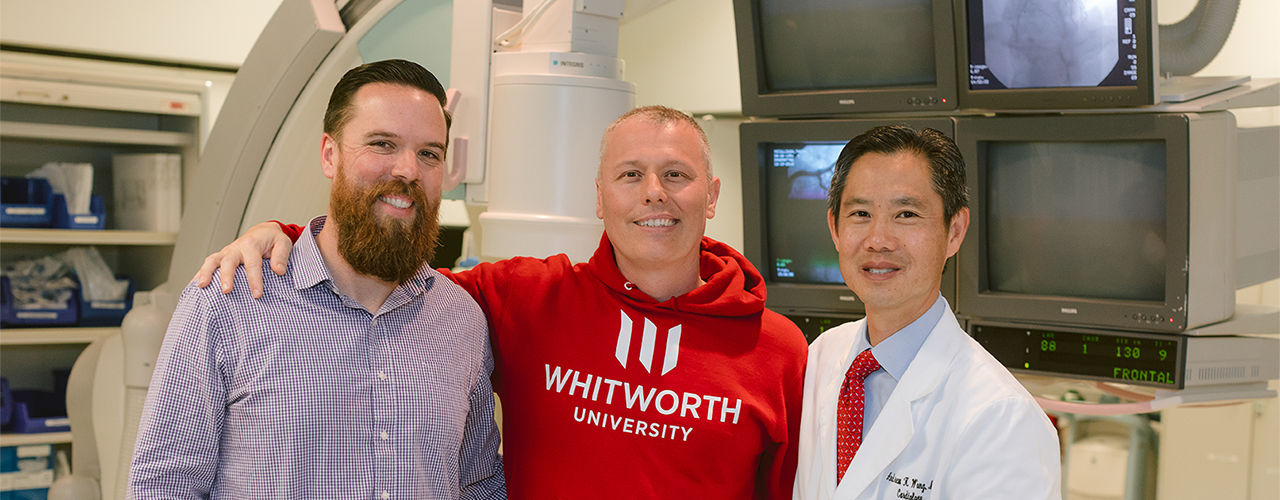
A Heartsafe Community
A stranger saved Boris' life with CPR, the Queen extended it with two stents.
Boris Guillome experienced sudden cardiac arrest at the movies. Thanks to the kindness of strangers—and the excellent care he received at Queen of the Valley Medical Center—he lived to tell his story.
As he looked back on that fateful day, Boris recalled that as the movie previews started, he felt tightness in his chest. When the pain intensified; he knew something was wrong. Boris staggered towards the lobby, making it only to the ticket stand, where a custodian helped him to a bench. Then everything went black; his heart had stopped.
That’s when the clock started ticking for Boris because “time is muscle.” The faster a physician can restore vital blood flow, the less likelihood there is of long-term damage to the heart muscle.
Lucky for Boris, Sean Reiswig had just entered the theater with his family. Watching Boris fall to the ground, Sean, whose own father had died from a heart attack exactly two weeks earlier, knew he had to help. While the custodian called 911, Sean checked Boris for breathing, rolled him on to his back and began CPR.
Napa City Fire Department paramedics arrived minutes later and immediately set up communication with the radio nurse at Queen of the Valley Medical Center’s Gasser Emergency Center (ED). The paramedics resuscitated Boris by shocking his heart with an assisted external defibrillator and conducted an ECG—the first test when cardiac arrest is suspected—to record the electrical activity of his heart.

